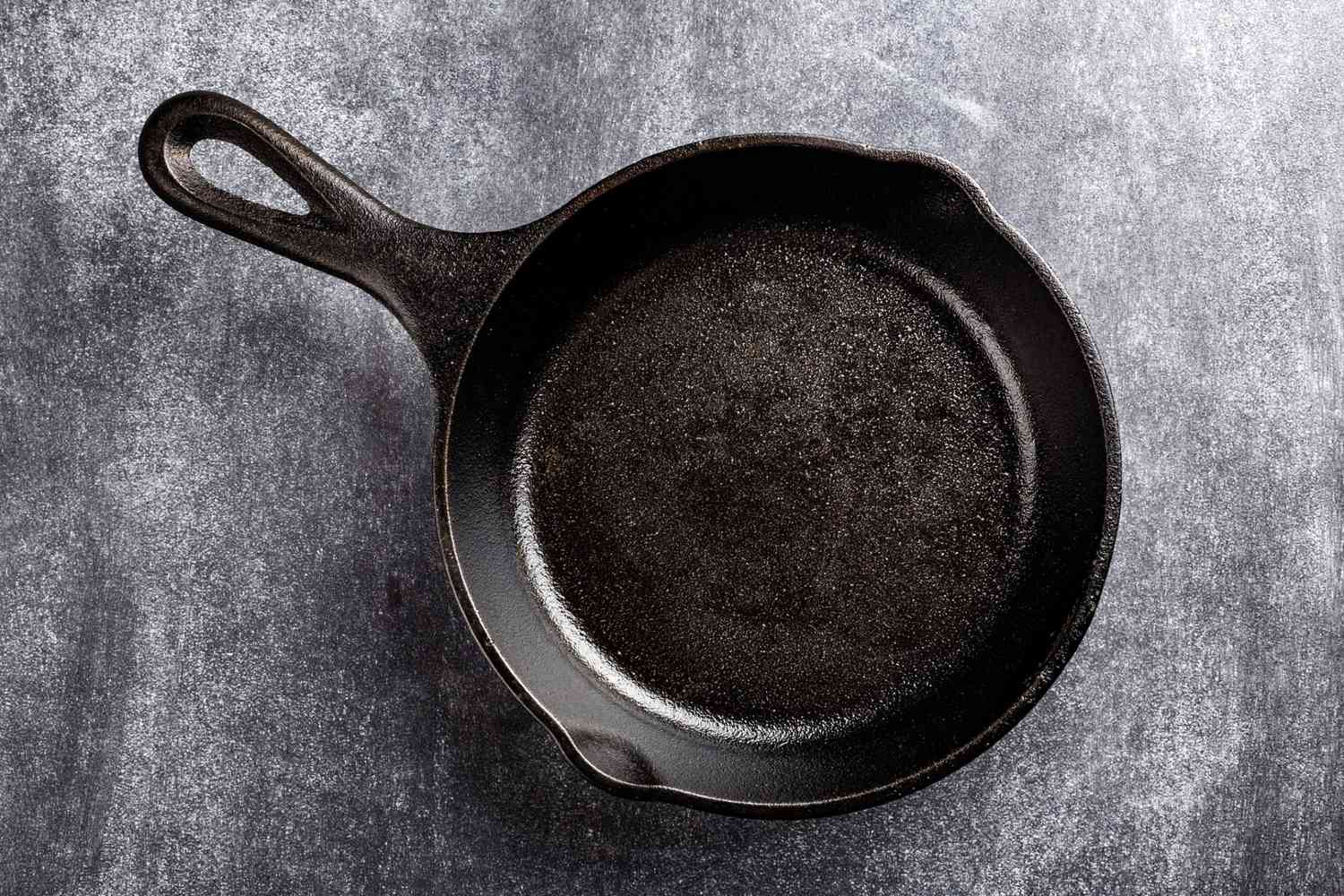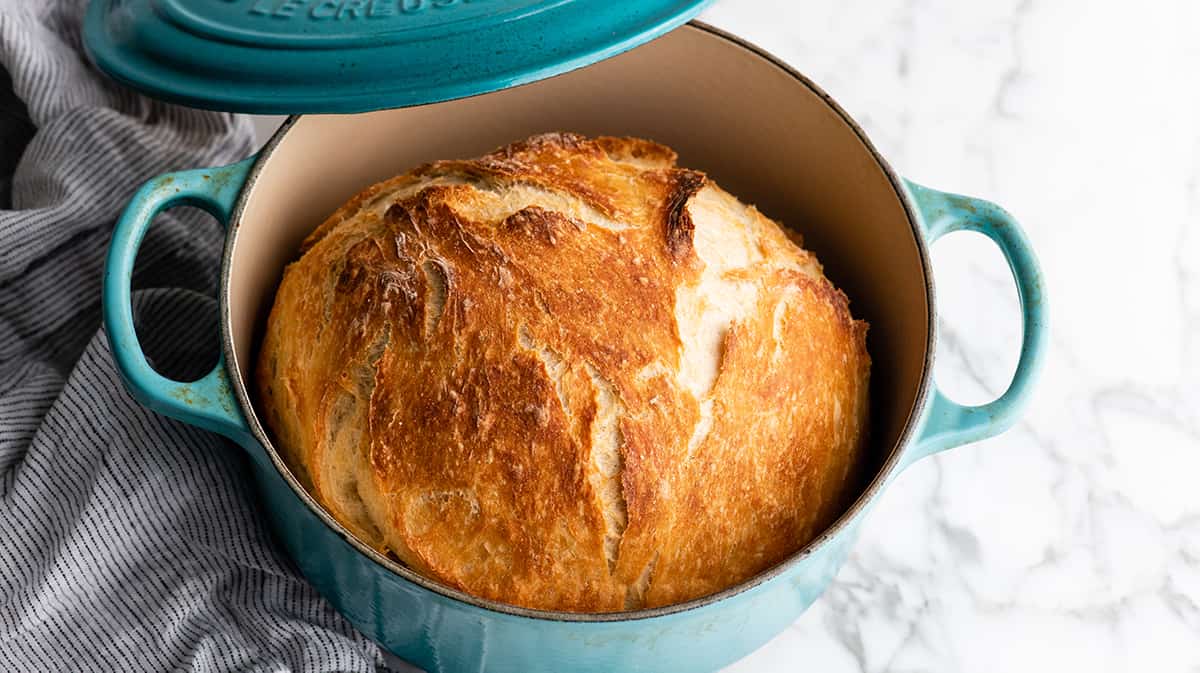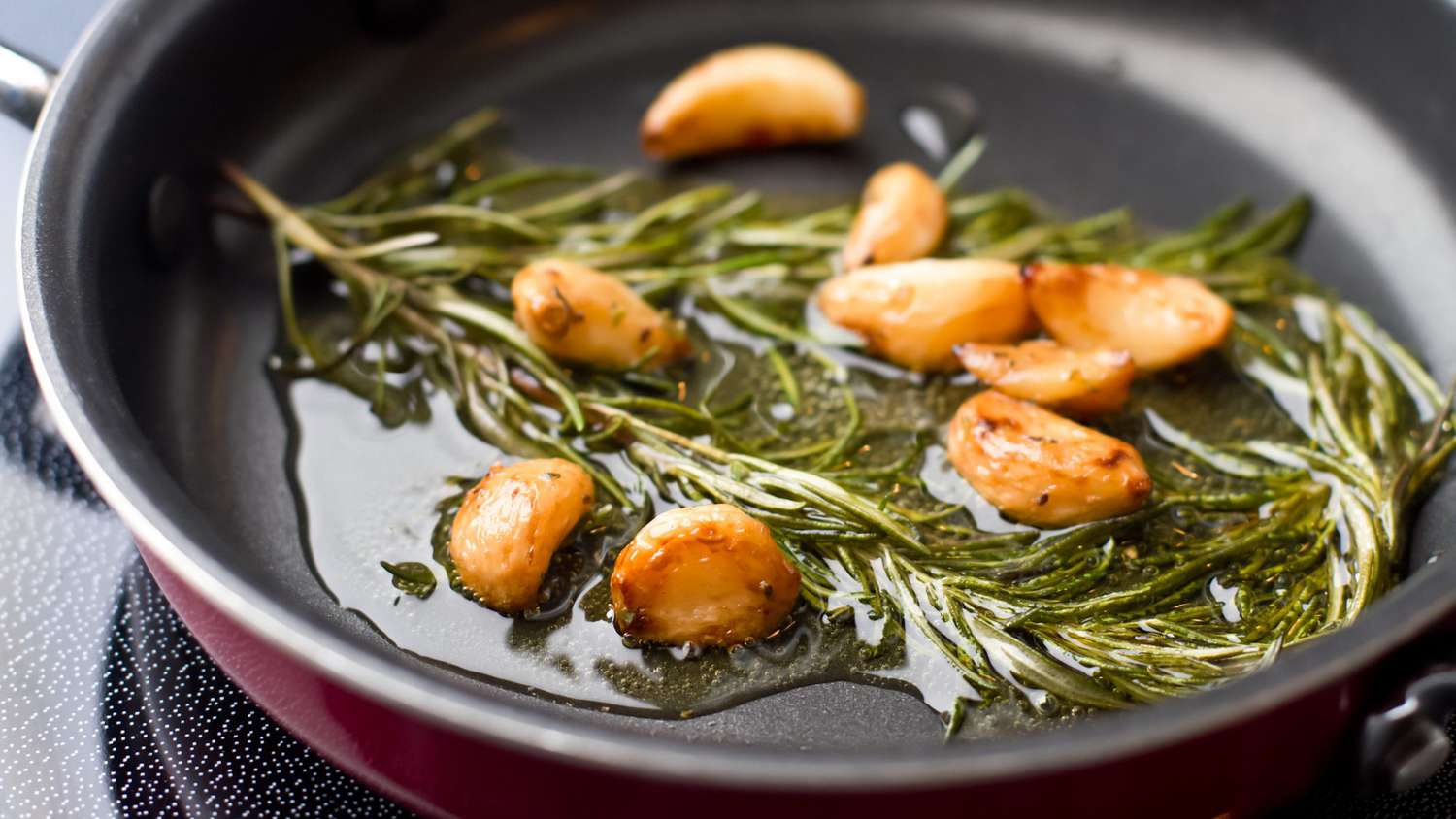When it comes to cooking, few tools hold the legacy and functionality of a cast iron pan. But did you know that an essential process called seasoning plays a pivotal role in its performance? Understanding what does seasoning a cast iron pan do can transform your culinary creations and ensure that your cookware lasts for generations.
In this article, we will delve deep into the art of seasoning cast iron pans, providing kitchen professionals like you with remarkable insights and techniques that can change the way you cook. From the basic concept of seasoning to the various methods and innovations, weve got it all covered.

Understanding Seasoning: The Basics
Before we jump to conclusions about the benefits of seasoning, let's clarify what seasoning actually means. Seasoning refers to the process of coating the surface of cast iron cookware with oil to create a natural, non-stick surface. This is essential for enhancing the cookware's durability and cooking efficiency.
One of the most common misconceptions is that seasoning is merely about flavor. While it may add a hint of taste over time, its primary purpose is much more functional.
The Importance of Seasoning
So, what does seasoning a cast iron pan do beyond just creating a non-stick surface? Here are some terrific reasons why this practice is essential:
- Prevents Rust: Cast iron pans are prone to rusting if not properly seasoned. The oil acts as a barrier against moisture, protecting the metal underneath.
- Creates a Non-Stick Surface: A well-seasoned pan allows food to cook evenly and prevents sticking, making cleanup easier.
- Enhances Taste: Over time, the layers of seasoning can absorb flavors, elevating the taste of your dishes.
How to Season a Cast Iron Pan
The process of seasoning your cast iron pan can be surprisingly straightforward. Heres a step-by-step guide to help you do it effectively:
- Clean Your Pan: Start by scrubbing your cast iron pan with hot, soapy water. This removes any residue, dirt, or previous seasoning.
- Dry Thoroughly: It is crucial that your pan is completely dry to prevent rust.
- Apply Oil: Choose a cooking oil with a high smoke point, like flaxseed or vegetable oil. Apply a thin layer on the entire surface and wipe off any excess.
- Bake the Pan: Place the pan upside down in the oven at a high temperature (around 450F) for about an hour to allow the oil to bond to the iron.
- Cool Down: Turn off the oven and let the pan cool down inside.
Various Seasoning Methods
Different professionals may prefer various seasoning methods. Some methods include:
- Stovetop Seasoning: Utilizing your stovetop for seasoning is a quick and efficient approach, perfect for those in a hurry.
- Oven Seasoning: The traditional method that ensures uniform heat distribution.
- Maintenance Seasoning: A procedure performed after cooking with high-water foods to keep the initial layers intact.
Common Mistakes to Avoid When Seasoning
Here are a few mistakes that can compromise your seasoning efforts:
- Using Excess Oil: Over-oiling your pan can lead to a sticky residue.
- Skipping the Drying Process: Moisture can lead to rust, so never skip drying.
- Inconsistent Heating: Allowing fluctuations in temperature during seasoning can impact the final result.
How to Know if Your Cast Iron is Properly Seasoned
One critical question that many kitchen professionals face is, how can you tell if your cast iron pan has been correctly seasoned? Here are some indicators:
- Color: A well-seasoned pan should be a deep black or dark brown color.
- Surface Feel: The surface should feel smooth and not sticky.
- Food Release: Foods should slide off easily without sticking.

Benefits of Regularly Seasoning Your Cast Iron Pan
Regularly seasoning your cast iron cookware is vital for maintaining its longevity and effectiveness. Not only does it protect your investment, but it also enhances your cooking experience. The oil layering works to build a protective coat that improves over time, making your meals taste even better!
Final Thoughts
Now that you understand what does seasoning a cast iron pan do and its significance, its time to make it a vital part of your culinary routine. Whether you are preparing a family dinner or plating up for a high-profile event, your seasoned cast iron will deliver consistency and flavor like never before.
For more information about seasoning, check out this Food Network Guide.
FAQs
- Is seasoning a cast iron pan necessary? Yes, its essential for longevity and cooking performance.
- How often should I season my cast iron pan? Regular seasoning is recommended, especially after heavy use.
- Can I use soap on a seasoned cast iron pan? Minimal soap can be used but its generally best to avoid it.
As an Amazon Associate, I earn from qualifying purchases.






Leave a comment
This site is protected by hCaptcha and the hCaptcha Privacy Policy and Terms of Service apply.